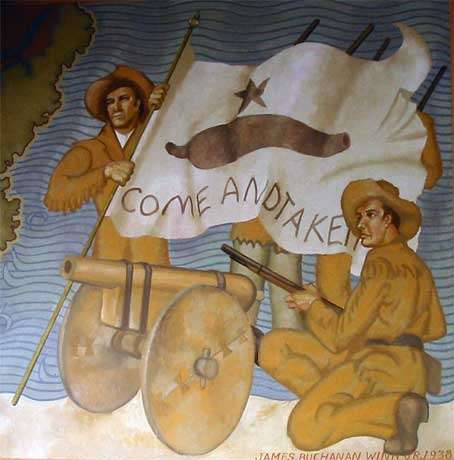The Volokh Conspiracy
Mostly law professors | Sometimes contrarian | Often libertarian | Always independent
Does Justice Sotomayor Really Want To Know What The Remedy Would Be If The Government Confiscated Everyone's Guns?
The remedy would not involve Rule 23.
Justice Sotomayor is pretty predictable. She walks into oral argument with a set of questions she wants to ask, and she will keep asking them, whether or not she gets the answer she wants. I imagine advocates get frustated, but that is part of the game.
During the birthright citizenship cases, Justice Sotomayor asked the same line of questions several times--apparently she thought it was clever. To illustrate the limits of the government's position concerning nationwide injunction, she would change the hypo: what would happen if the government sought to confiscate every gun in America; would every gunowner have to bring an individual law suit to seek relief?
Page 13: JUSTICE SOTOMAYOR: --so, when a new president orders that because there's so much gun violence going on in the country and he comes in and he says, I have the right to take away the guns from everyone, then people --and he sends out the military to seize everyone's guns --we and the courts have to sit back and wait until every named plaintiff gets --or every plaintiff whose gun is taken comes into court?
Page 41: JUSTICE SOTOMAYOR: If we're afraid that this is or even have a thought that this is unlawful executive action, that it is Congress who decides citizenship, not the executive, if we believe, some of us were to believe that, why should we permit those countless others to be subject to what we think is an unlawful executive action, as unlawful as an executive taking the guns away from every citizen?
Page 44: JUSTICE SOTOMAYOR: --it got rejected repeatedly. We can go into the history of citizenship, but I still go back to my question. You claim that there is absolutely no constitutional way to stop, put this aside, to stop a president from an unconstitutional act, a clearly, indisputably unconstitutional act, taking every gun from every citizen, we couldn't stop that.
Does Justice Sotomayor really want to know what the remedy would be if the government confiscated everyone's gun? This remedy would not involve Rule 23.
Nearly 250 years ago, King George III and General Gage tried to confiscate the firearms from the Americans. What happened next? Lexington and Concord, the Shot Heard Round the World. As best as I can recall, the patriots did not go to a Court of Chancery to seek an equitable remedy.
We have a similar story in Texas history. During the Texas Revolution, the Mexican Army demanded that the Texians in the City of Gonzales surrender their cannon. What did the Texians say? Come and Take It! The remedy here was not equitable; it was belligerent. The Texians did not reply with a canon of construction; they replied with a cannon of destruction. This was the Lexington of Texas. And the Battle of Gonzales led to the Battle of the Alamo, which led to Texas Independence. Sensing a pattern of what happens when the government tries to disarm the people?
I took this photo during my visit to the museum in Gonzales.
I'm reminded of Judge Kozinski's opinion in Silviera v. Lockyer:
The prospect of tyranny may not grab the headlines the way vivid stories of gun crime routinely do. But few saw the Third Reich coming until it was too late. The Second Amendment is a doomsday provision, one designed for those exceptionally rare circumstances where all other rights have failed — where the government refuses to stand for reelection and silences those who protest; where courts have lost the courage to oppose, or can find no one to enforce their decrees. However improbable these contingencies may seem today, facing them unprepared is a mistake a free people get to make only once.
Fortunately, the Framers were wise enough to entrench the right of the people to keep and bear arms within our constitutional structure. The purpose and importance of that right was still fresh in their minds, and they spelled it out clearly so it would not be forgotten.
There is an important lesson to be learned here. Courts cannot solve all problems. Courts should not solve all problems. Courts will not solve all problems.




Show Comments (124)